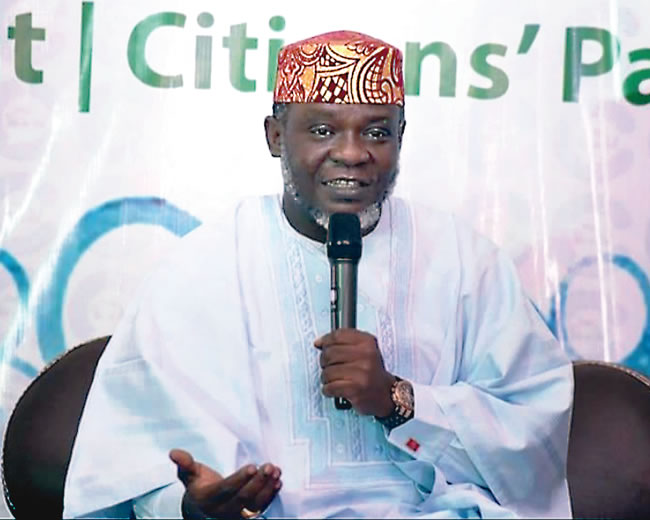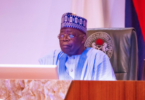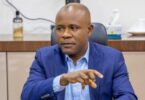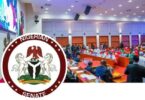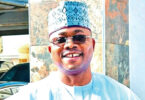The Convener of the Peering Advocacy and Advancement Center in Africa (PAACA), Chief Ezenwa Nwagwu, has urged politicians to stop blaming the Independent National Electoral Commission (INEC) and instead reflect on how their flaws and strategies cost them the Edo governorship election.
Nwagwu, who is also a board member of YIAGA Africa, said the tendency to undermine and discredit institutions just because a politician loses must stop.
“We must build citizens’ confidence in our institutions. Democracy should not be altered to suit the whims and caprices of politicians,” he said.
Nwagwu emphasized the need for continuous citizen education on the electoral process to help correct misleading post-election narratives.
ALSO READ: 11-year-old rape survivor’s family faces threats, seeks relief
He said, “One of the key aspects of voters’ education is helping citizens understand the true factors behind electoral outcomes rather than allowing them to be swayed by baseless accusations by those with unpretentious partisan interests.
“When politicians lose, their immediate reaction is often to cast blame on the electoral body rather than addressing internal failures within their campaigns or parties.
“This cycle of deflection and misinformation undermines public trust in the process and hinders the growth of our democracy.”
Highlighting a key trend in Nigeria’s elections that often influences outcomes, Nwagwu pointed to what he described as the transactional nature of party agents.
“One of the significant issues that has surfaced is the transactional nature of party agents deployed during elections.
“As election observers, what we have seen in many instances is that these agents are not committed members of the party, but rather, they are temporary hires, primarily driven by monetary gains rather than loyalty or ideological commitment.
“Politicians have evolved a disturbing strategy: buying party agents. This often results in party agents colluding with opponents, selling out their candidate in exchange for personal gains at polling units.
“This is a structural problem within the political parties, not an issue created by INEC. It is crucial for parties to take responsibility for the loyalty and integrity of the agents they deploy during elections,” he said.
He argued that Nigeria has moved past some of the more overt forms of election malpractice, such as ballot snatching and multiple voting.
The electoral body has made significant improvements in Nigeria’s election process and has helped return power to the voters.
Nwagwu added that the era of widespread ballot snatching, voter intimidation, and the use of multiple Permanent Voter Cards (PVCs) has largely been addressed through reforms and innovation introduced by INEC.
He said, “For example, technological advancements like the Bimodal Voter Accreditation System (BVAS) have reduced the chances of rigging and fraud, ensuring that only eligible voters can participate and that results reflect the true will of the people.
“We have gone past the era where people hide in a room and manufacture numbers or where one man with hundreds of voters cards can vote multiple times.
“Therefore, placing blame on INEC diverts attention from the actual reasons for election defeats.
“Voters now are much better empowered by electoral reforms and have the ability to shape the outcomes of elections.
“However, the question remains: How will this power be wielded? If voters choose to sell their votes for pecuniary gain, the responsibility lies with them.
“While INEC has reformed the voting process, the decision to maintain its integrity now rests squarely with the people.
“The media and CSOs must continue to educate voters against unpleasant actions.
“Political parties themselves must acknowledge that incentivizing vote buying is illegal.”
TheWitness

